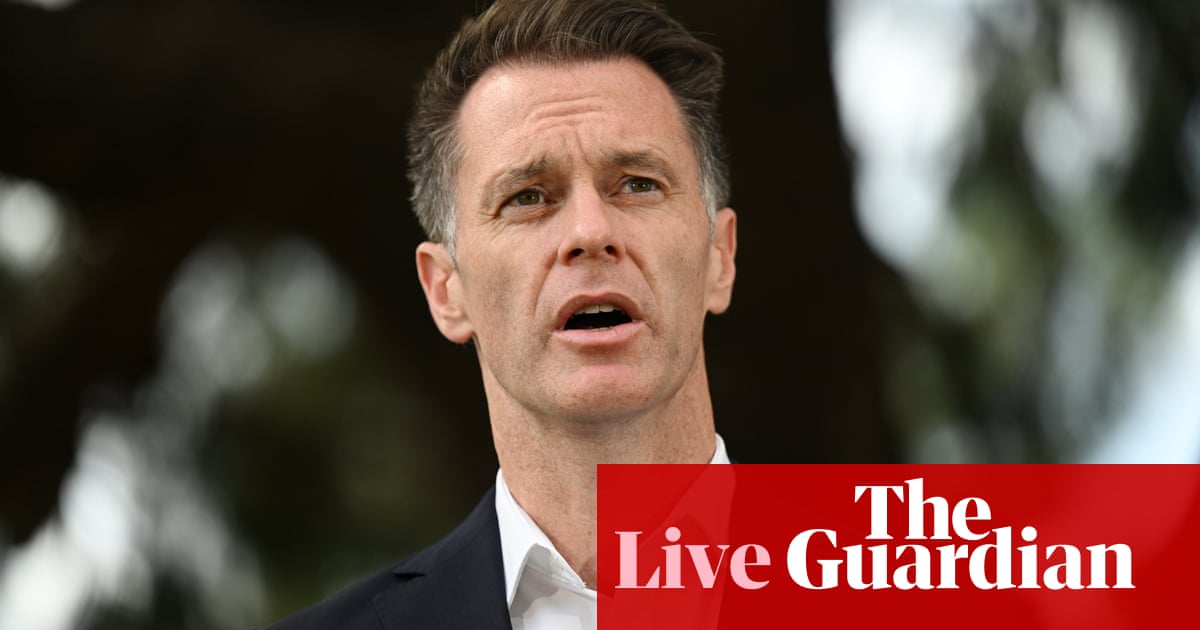Labor win marks Coalition’s declining power around the country. This blog is now closed
* Get our morning and afternoon news emails, free app or daily news podcast
Speers asks what will happen if the voice feels like its advice has not been sought out – will it be able to go to the high court?
Dreyfus says it is a possibility.
Again, I point to the third paragraph of these words, David, which puts beyond doubt the power of the parliament to regulate how that is to happen. And the reason why those words are there are to make sure that we’re going to have certainty, we’re going to know how this is going to operate.
I‘m hoping that it does. I’m hoping. Because we’ve seen from experience that when members of parliament, government departments, do listen to Aboriginal communities, we get better outcomes.
… You can point to examples right across the board where Aboriginal and Torres Strait Islander people are listened to, we get better policies, we get better laws. When they’re not listened to, we end up wasting a great deal of money and we end up with failed policies, and it is all too many failed policies that we can point to over recent decades.
That’s a misunderstanding of what this constitutional provision does. What this constitutional provision does is to set up permanently an Aboriginal and Torres Strait Islander voice to parliament at executive, and the power that’s given to the voice is to make representations.
Of course we’re going to need to make sure that there’s, at a mechanical level, the ability for the voice to make representations, but it’s not that – as has been suggested and as your question suggested – there will be some requirement for government departments to be going off and seeking that advice. Continue reading...
http://dlvr.it/SlVFL8

Post a Comment